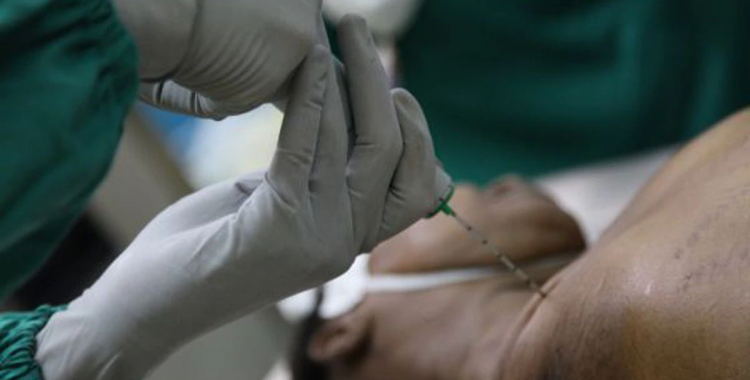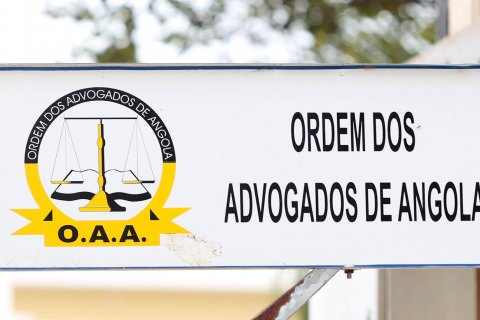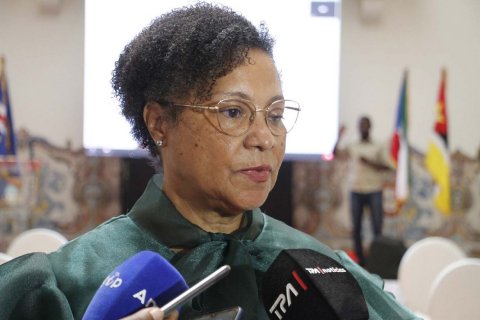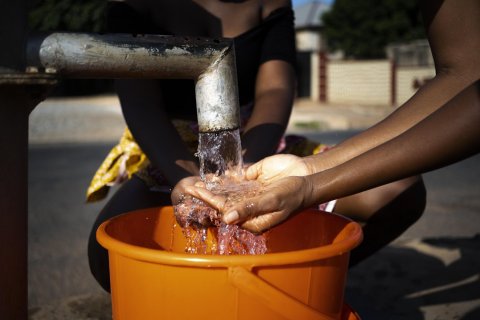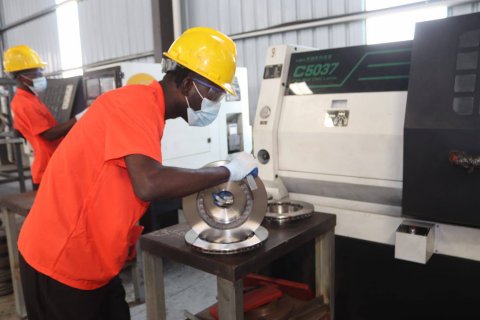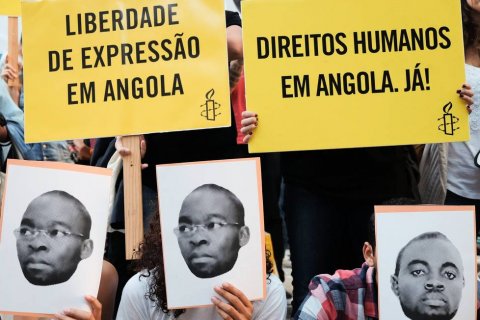In that phase, these auxiliary justice bodies seek to investigate the existence of the crime, determine its perpetrators, locate and collect the evidence, thus creating the conditions for the Public Prosecutor's Office - holder of the criminal action under the terms of paragraph 1 of Art. . 309 of the Angolan Criminal Procedure Code – bring the presumed offender to trial before the competent Court; or, if there is not enough evidence for the continuation of the process, close it under the terms of the Law. Being the objective of this brief excerpt, it is highlighted that the psychological autopsy is an element that crosses the criminal process, particularly when dealing with a situation that has led to the loss of the greater good, life.
Psychological autopsy is a technique applied in police and/or criminal investigations, whose purpose is based on understanding the psychological issues that may have caused a certain death.
Aiming to assist the Justice in clarifying the causes and circumstances of the death of a given person (generally in cases of homicide, suicide and/or accident), this process is carried out by forensic psychologists and psychiatrists, reviewing the case at the place where the death took place. death has occurred, as well as the profound characterization of the mental picture of the victim of his death.
In the criminal panorama, it is common for there to be clues that signal a certain criminal action. In addition to the physical aspects, it should be noted that this finding encompasses behavioral evidence that, in the absence of witnesses and/or the victim herself (whether due to disappearance or death), constitute paths that can lead us to the discovery of the facts that underlie the offense committed.
Expert evaluations are also focused on testimonial and documentary evidence; the description of the victim with his motivations; probable traumatizing experiences; particular habits and circumstances in moments before death; spaces inhabited throughout its existence; relationships and interactions with their environment; analyzes of works or artistic productions; the victim's social and professional dynamics, etc., with a view to providing criminal investigators and/or procedural instructors with elements of probabilities in terms of possible homicide perpetrators, in addition to specifying the deceased's collaboration in his own death.
It is important to highlight here that, for the criminal profile, the information mentioned above is relevant, given that, in the case of homicide, it allows the construction of the criminal profile of the alleged offender. With regard to relatives, it should be noted that, in situations of suicide, they usually reiterate that they did not understand why the victim committed such an act. In these situations, they seek explanations beyond what the criminal police bodies are qualified to produce and, for this reason, they seek an additional evaluation.
In general terms, the psychiatric and psychological expert examination, among others, integrated in the police investigation phase, are key elements in achieving the purposes of the process and in the administration of criminal justice. Although not frequently applied by the Angolan Criminal Justice System, psychological autopsy is considered a technique that provides relevant information at the service of justice and criminal police bodies, especially when associated with other police, criminalistic and medico-legal subsidies.
Previous
The opinion of... Zenildo dos Santos


